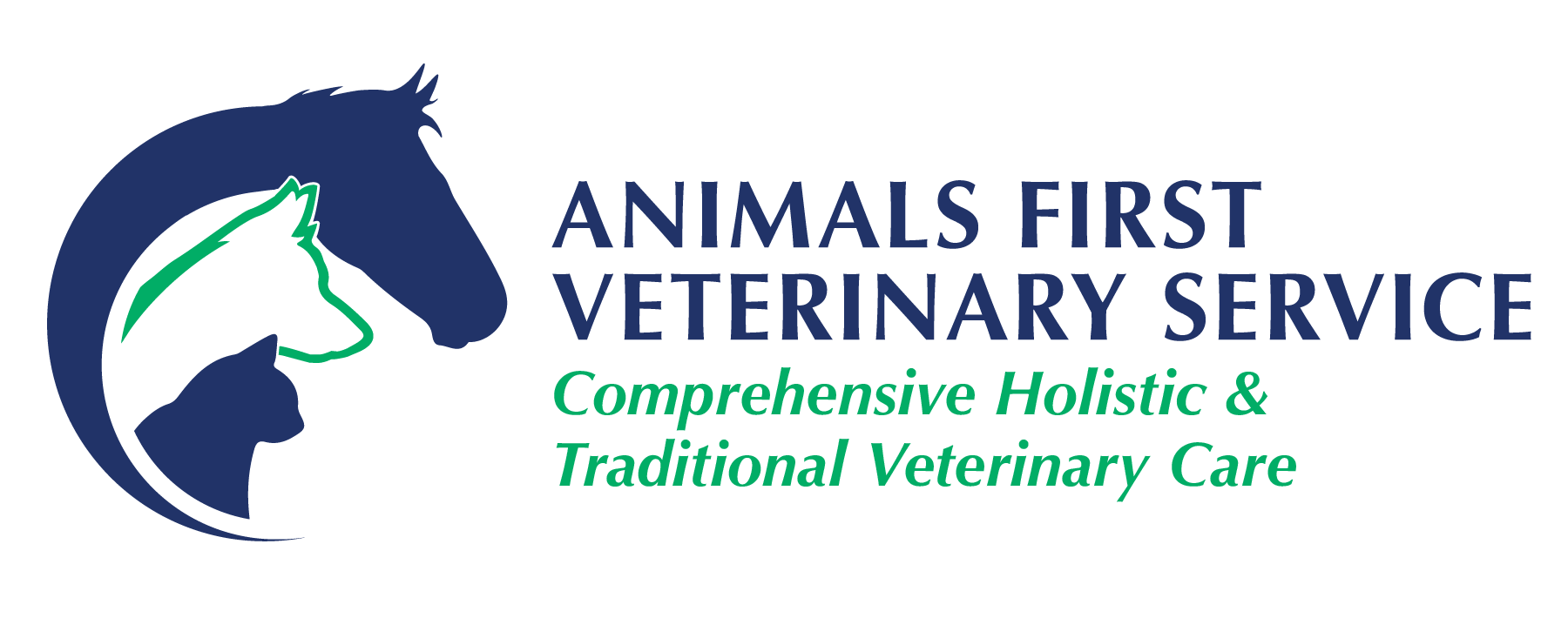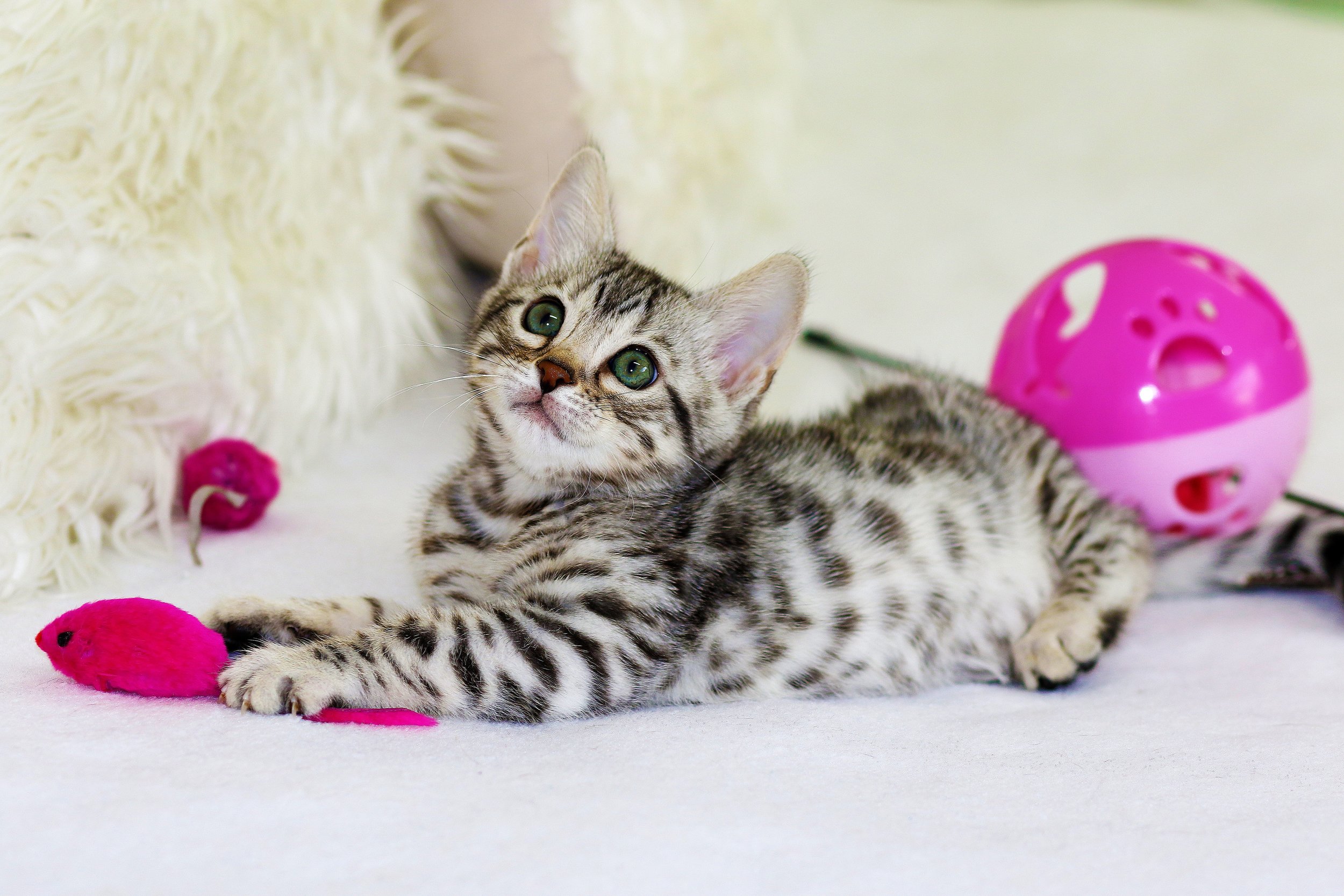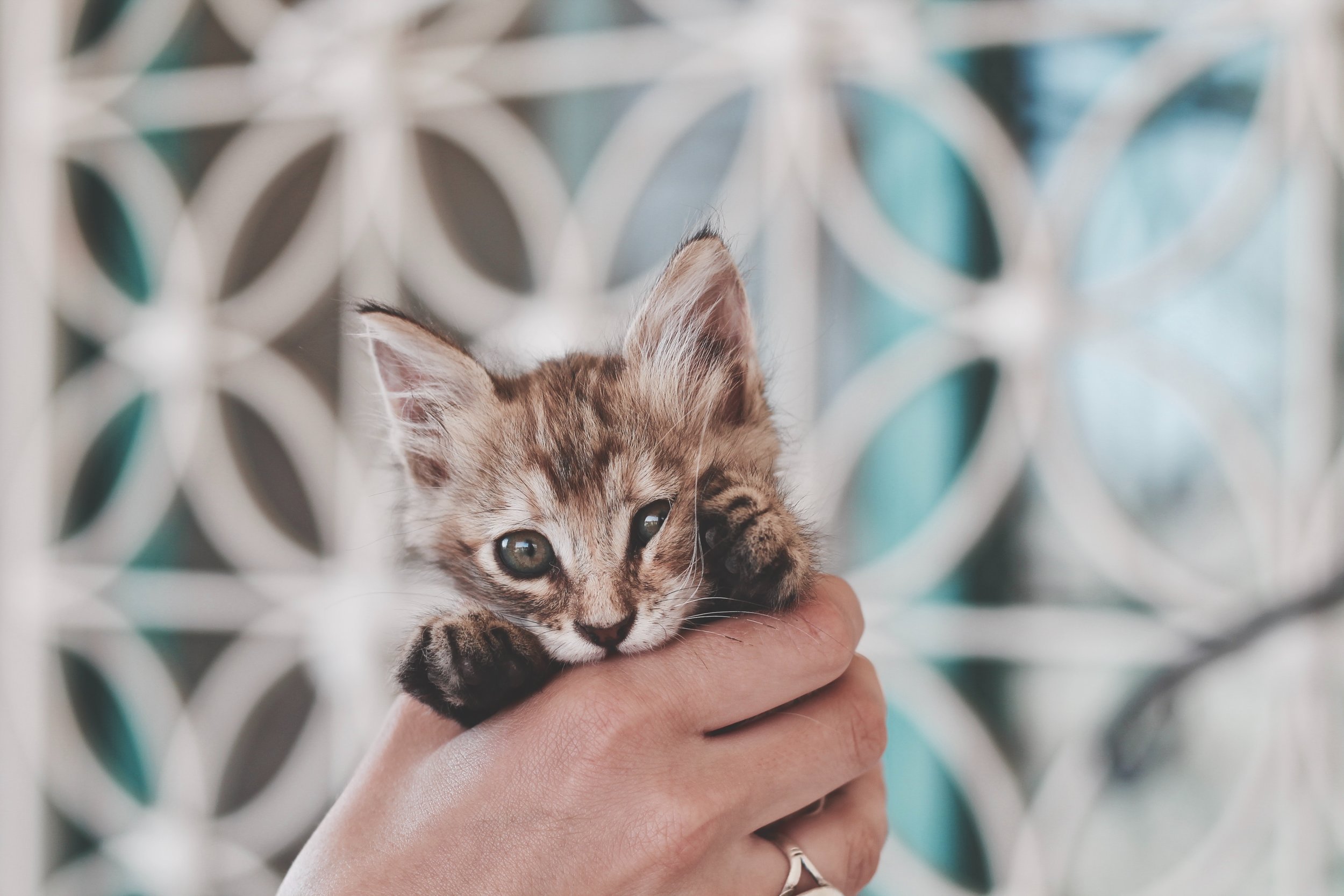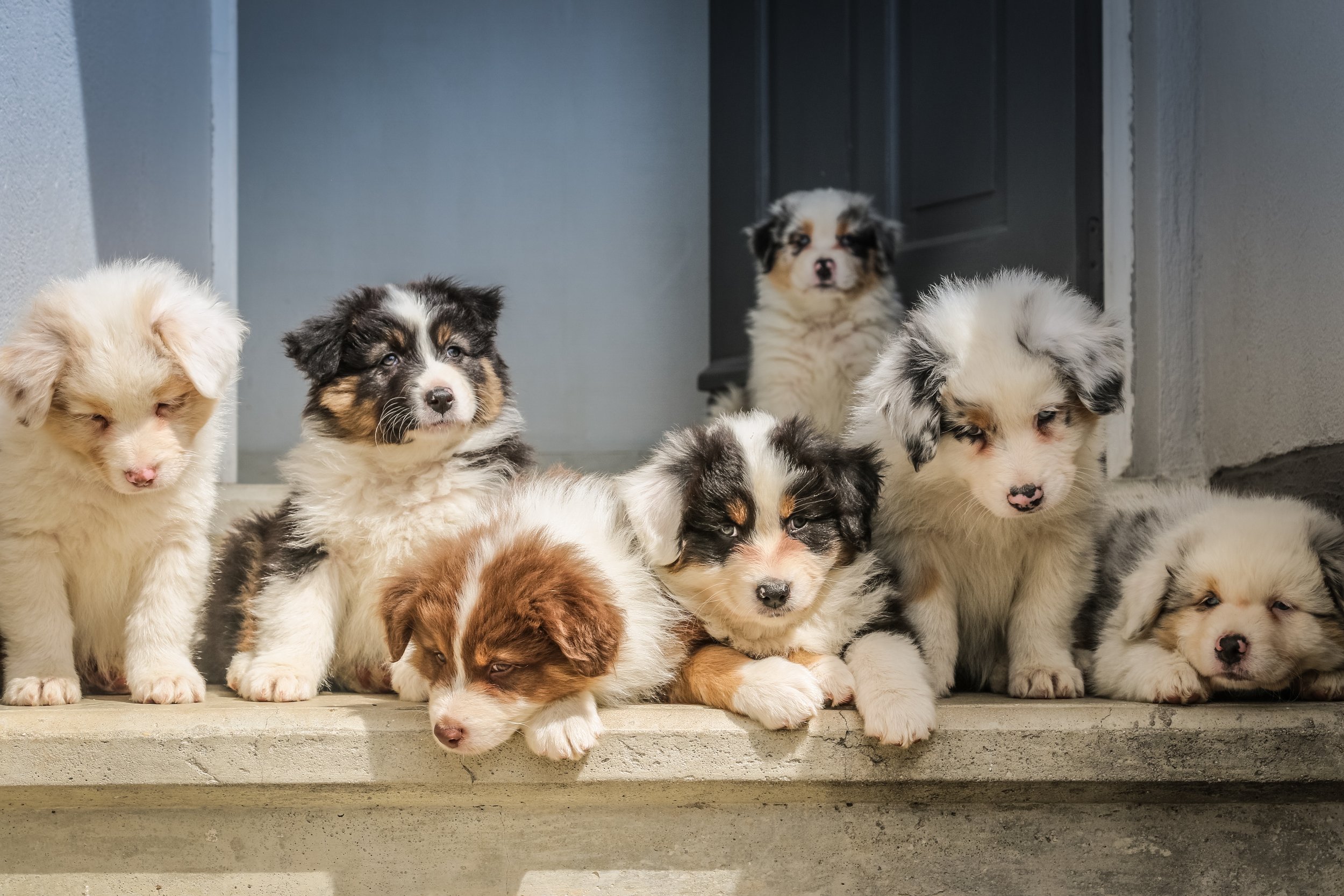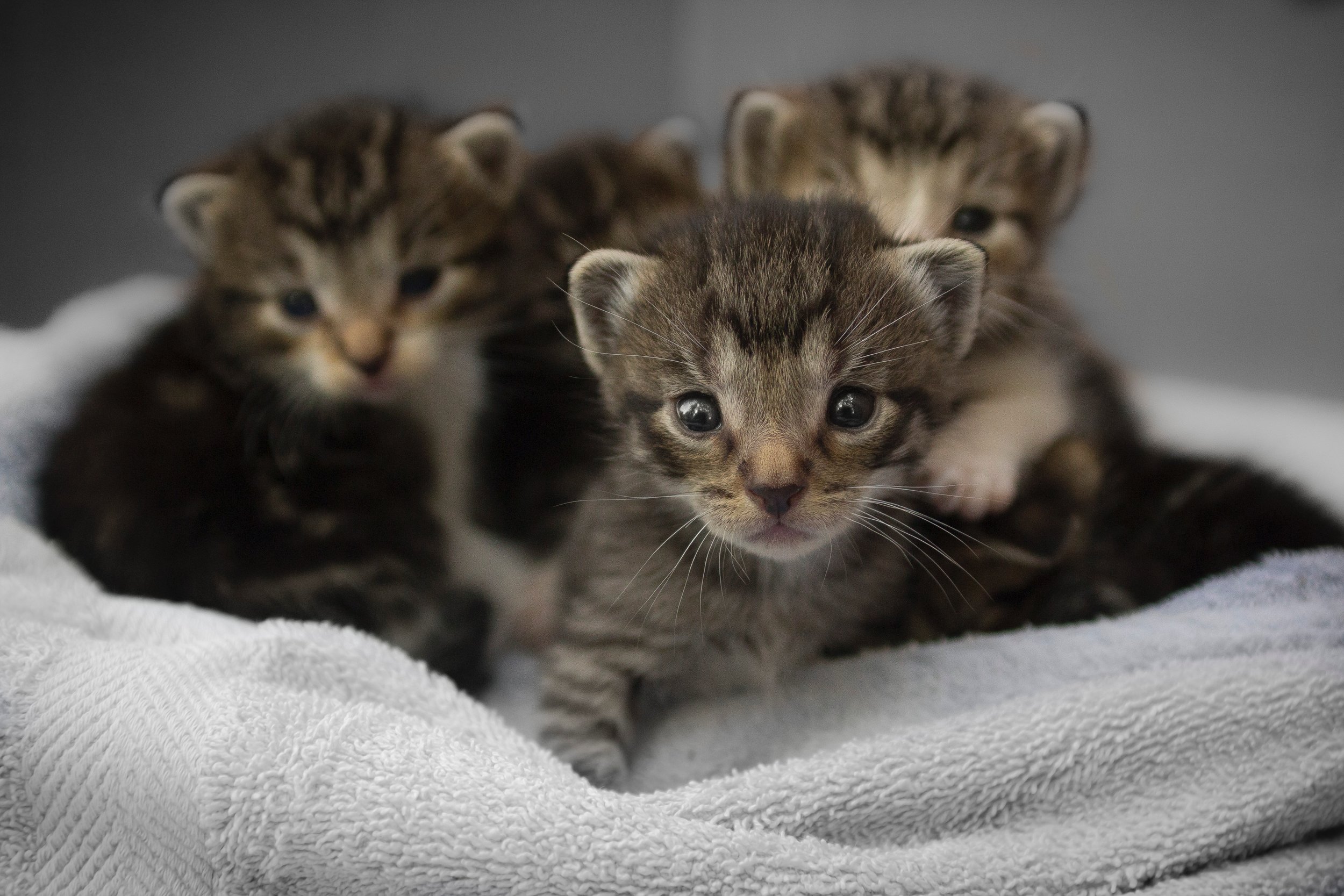Welcoming New Puppies & Kittens Home
Welcoming a new puppy or kitten into your home is an exciting event in any family. We love to see these patients as they provide an excellent opportunity to start another dog or cat on the safe path to wellness. At our practice, we discuss with the owner at length the early experiences, diet, and previous vaccines of their new family member. We will also discuss plans for their new pet’s lifestyle. This helps us to determine how each puppy should be fed, vaccinated, socialized, and trained, and will help us determine when and if the new pet will be spayed or neutered. Taking an individual approach to each patient allows us to tailor a health plan for your new companion setting the stage for a long and healthy life.
The first concern that we and owners often have is protecting their new family member from infectious disease. While an individual vaccine may prevent a disease if exposed, vaccines do not create a healthy dog. Diet and lifestyle are most important to raising a healthy dog. We have found that decreasing the number of injections a puppy receives allows for a healthier dog. For over 30 years it has been commonplace to give several vaccines against several diseases to puppies ages 6 weeks to 6 months. Newborn and puppies under 1 year are the most susceptible to many infectious diseases. Once a healthy immune system develops in an adult dog, these diseases do not pose a large threat. If an unusual circumstance occurs and an adult dog develops an infectious disease it is most often treatable and self limiting.
Pharmaceutical companies have steadily added more vaccines throughout the years without careful monitoring of the negative reactions which occur with this practice. These negative reactions can happen within a few minutes, days, or months, or years following a vaccine. Immediate reactions can include swelling and itching of the face, limbs, and injection site, fever, vomiting, diarrhea, and lethargy. While not all patients develop these immediate reactions, many patients experience severe immune complications in the months and years following vaccination. Many patients experience a variety of autoimmune disorders (diseases which cause the body to attack itself) following the one or more vaccines administered as puppies or even as adults. Indeed, it is common for allergies (also autoimmune) to appear within days or weeks of the first vaccine. If any signs of illness occur post vaccination (most commonly itching) it is prudent to discontinue vaccination, and treat homeopathically as continuing vaccination in a sensitive patient will only worsen the vaccine-induced disease.
Autoimmune disease predominates as the most common disease that is treated in this veterinary clinic. Autoimmune diseases in dogs and cats include: environmental allergies, food allergies, any itching not caused by external parasites, hot spots, hypothyroidism, hyperthyroidism, diabetes, some seizure disorders, ear infections, some bladder infections, chronic vomiting and diarrhea, and destruction of platelets. We are firm believers that these diseases are a direct consequence of vaccination. Patients frequent our clinic because they cannot find relief from these diseases that they acquire at varying stages of life. It is our goal to decrease the incidence of these diseases by minimizing or in many cases eliminating vaccination to provide for a long and healthy life for our patients.
To make an appointment:
We will do our best to accommodate your busy schedule. Give us a call: 540-937-6683
